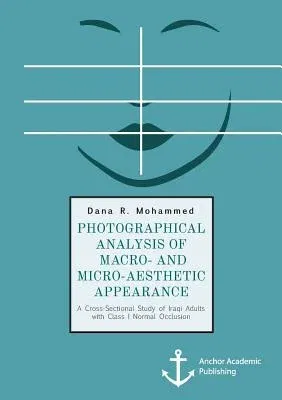The first sign of facial beauty was displayed in Egyptian civilization
art works as they started to understand the divine or golden proportion
that was known as a golden ratio which could be defined as the ratio
that considered to be the most aesthetically pleasing to the human's eye
and the base of countless mysteries over centuries. In the past, the
cephalometic analysis represented an important tool in planning an
orthodontic treatment, but today, the focus is mainly on the facial soft
tissue and the dental assessment by using photographs. Despite most of
the orthodontists are focused primarily on the occlusal discrepancies
and mal-relations when discussing the needs of orthodontic treatment
with the patients, and the patients and parents are focused mainly on
the appearance, the orthodontic diagnosis and treatment planning should
have a broader extent, include the occlusion, tooth shape and appearance
of the face to have both excellent occlusion and excellent aesthetics,
although this is quite difficult, but it is the goal that all
orthodontists should pursue. This book represents a master thesis in
orthodontics from the College of Dentistry-University of Baghdad/Iraq.
The uniqueness of this work comes from that it is the first one that
analyses the micro-aesthetic appearance to establish normative values
for the Iraqi population and find out whether there is a correlation
between apparent mesiodistal measurements of maxillary anterior teeth
and facial measurements by an indirect method of measurement, using
photographs in a sample of Iraqi population.


